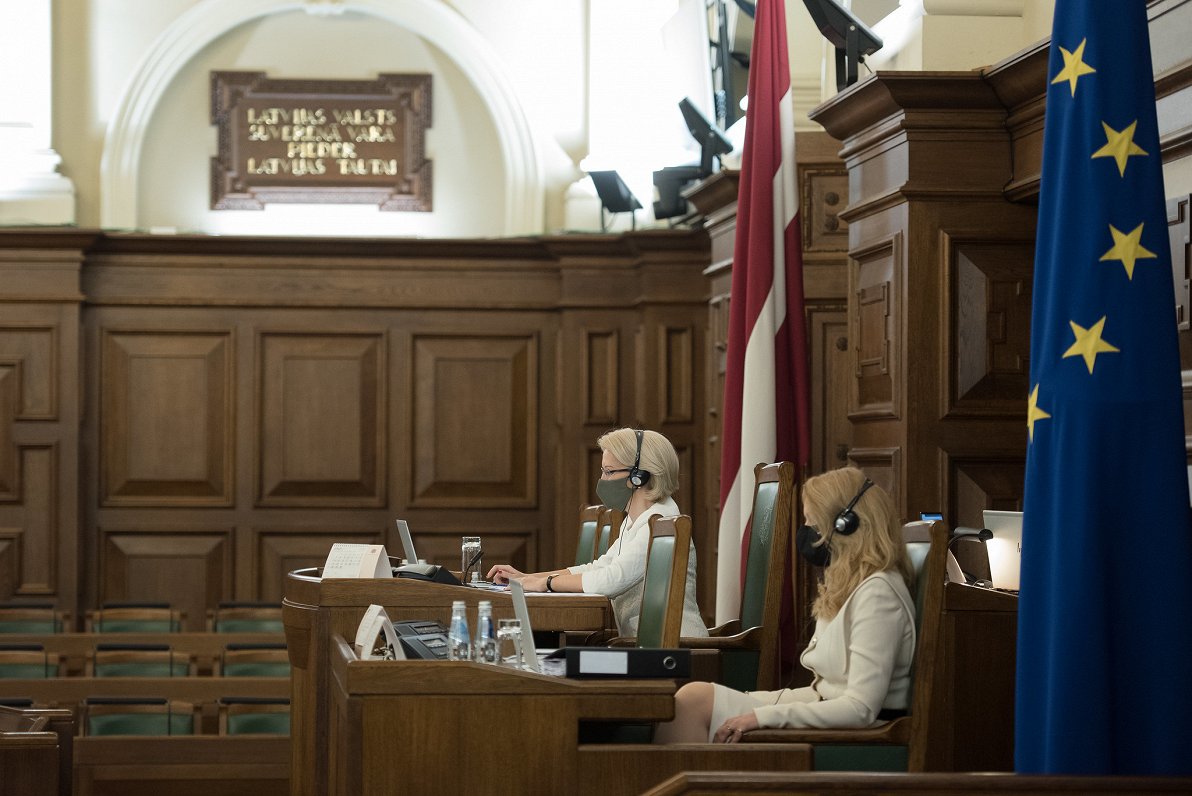The amendments have been submitted to the parliament's Defense, Interior Affairs and Corruption Prevention Committee, which will hold a meeting later today.
As previously reported, as of October 1, employers in Latvia will be authorized to fire employees in various sectors that have not obtained Covid-19 certificates attesting to their status, according to legislative amendments adopted by the government in July.
Authors of the amendments to the Law on the Management of the Spread of Covid-19 Infection indicated that the regulation provides a new approach to curbing the spread of the virus and the protection of each individual's health by obliging state institutions to provide epidemiologically safe services and employers to ensure an epidemiologically safe work environment.
Under the amended law, employers will have to define the jobs and categories of employees for whom Covid-19 certificates will be compulsory and inform employees about these requirements.
The new regulation also makes Covid-19 certificates mandatory for employees of health care institutions, nursing homes and social rehabilitation institutions, as well as teachers.
Persons that will not have obtained a certificate confirming that they have been vaccinated against or have recovered from Covid-19 will be deemed unfit for the jobs involving provision of epidemiologically safe services.
The law, however, does not allow sacking persons that cannot obtain the Covid-19 certificate due to a valid reason. Employers are also not allowed to sack unvaccinated pregnant women and women up to one year after childbirth and during the whole period of breastfeeding (up to two years after childbirth).
At the same time, making vaccination mandatory for certain professions, the state assumes responsibility for the potential harm the vaccine might cause to a person's health. However, the law does not stipulate provisions for compensations people might claim from the state in case vaccination results in damage to health or life.
The central and local governments will be obliged to ensure that all services that are provided in person are epidemiologically safe. Persons without a Covid-19 certificate will be able to receive services in person only if the services cannot be provided remotely.
When the amendments do come up for full debate, it is likely to be a heated one.




























